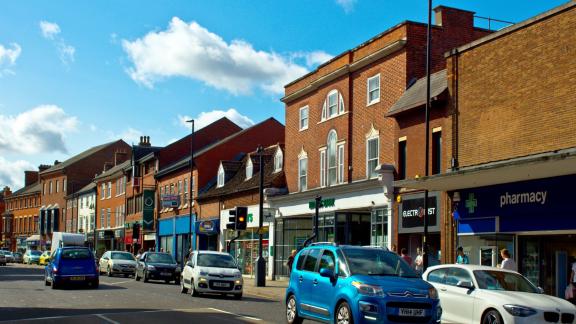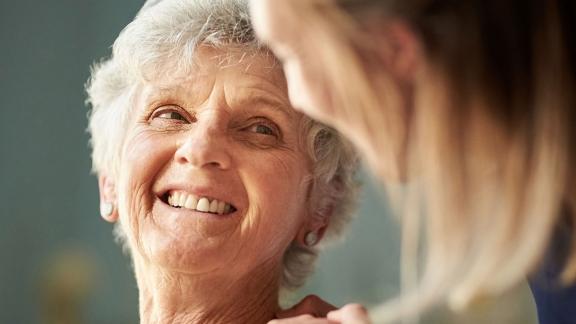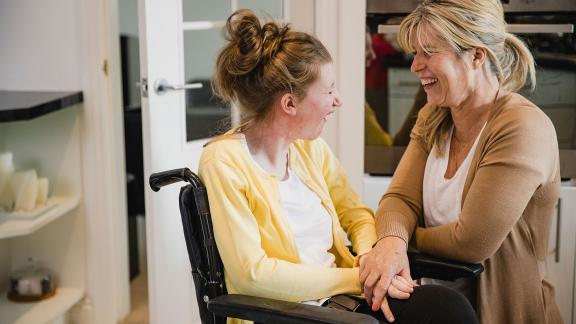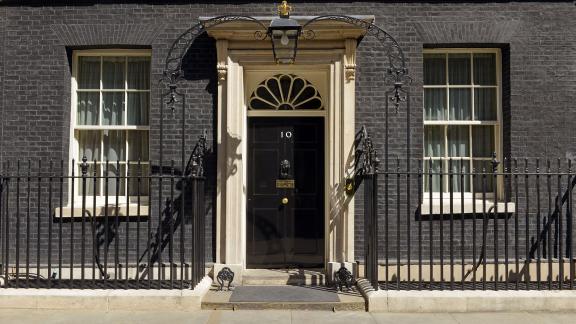Health and wealth after COVID-19: rethink, reset, recovery
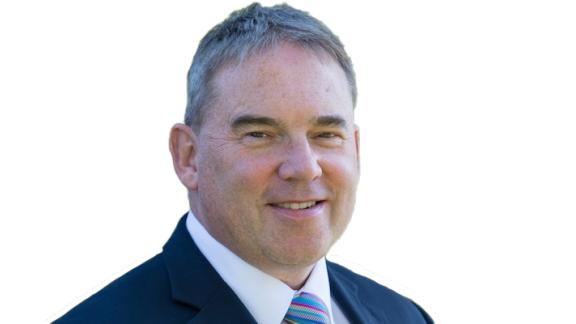
Professor Steven West CBE, DL, vice-chancellor, president and chief executive officer of the University of the West of England, considers how the impact of COVID-19 could lead to a better understanding of the link between health and wealth, and opportunities to deliver health and care services on the high street.
Who would have imagined this time last year that we would be on the cusp of a global pandemic that requires us to reimagine our world, our relationships and our way of living, working and thinking? While we will adapt, develop, reset and recover, the future will be informed by what we have learned so far. The questions now are how will we do it? How fast can we do it? And at what cost – both human and fiscal?
The knowledge economy and digital revolution
The western world has been investing in the knowledge economy and infrastructure to create longer-term resilience and prosperity, moving from low financial value jobs to higher value in order to drive greater economic wealth and population health. This move is multi-level and impacts on digital and technology investment; moves towards green energy production; and efficient and reliable public transport connectivity. All recognise the need to reshape and rebalance economies and as part of that localism and place-based decision-making, inclusivity, innovation and creativity are being encouraged. This general movement has suddenly become urgent as we see COVID-19’s impact on businesses and public sector organisations, families and individuals.
Where are we now?
The economy is in distress and it will take time to recover and repay the huge debts we have incurred. State intervention at the scale we have seen is not sustainable in the longer term, as more businesses and sectors face difficulty and close. The uncomfortable truth is that some would have failed anyway, but others have been unable to change and adapt fast enough. Our task now is to stabilise and focus on the future. Some sectors may struggle, but there may be opportunities for those to use their innovation and creativity to grow.
As we think about the sectors currently impacted, how can we use the opportunity to re-imagine our place and the way people might live, work, travel and socialise? What retraining and new skills will be required and what new roles will be needed? How will we take care of our health and wellbeing as we try to grow the new economy?
Imagine a world
For years there has been a revolution occurring in retail. The way we shop has changed. COVID-19 has accelerated the shift to digital and online shopping, and the lockdown has hit the hospitality sectors hard - both impacting on the high street in most towns and cities. The changes mean we must reimagine their purpose. They have to be a place that offers a social cohesion - a social experience that encourages people to visit, stay, and engage. A mixed economy where perhaps the large department store is not the primary focus, but a part of a rich ecosystem rather than the heart of it.
Added to this mix, many service industry sectors in our cities are reviewing whether their business model requires office blocks or whether remote working could give greater returns. In this vision, how do we adapt and set free the urban planners and architects to rethink the high streets? How might we integrate public services into the high street? Why can’t we offer more health and social care services there? Imagine what would happen if we took a floor or floors in a department store to offer diagnostics, treatments or rehabilitation services. How might we offer screening, support and many of our outpatient appointments? We have seen the immediate need to establish places to conduct test and trace, reflecting the value of pop-up-shop environments.
For years pharmacy, dentistry, podiatry, optometry, physiotherapy, osteopathy, chiropractice, counselling, psychiatry and many therapies have been provided within retail and city centre environments. It works and makes sense. Many have been private and commercial, but why not use a similar model for public services? What else could we do to expand and create new groups that can come together in new innovative ways? Could we link social prescribing and social care where we offer community focus for the elderly and lonely, or youth club environments for teenagers? We could transform our towns and cities to provide hope, cohesion and gain in health, education and wealth.
What next?
We have to acknowledge that nature will continue to require us to adapt and be more resilient to what is coming. Whether that is because of pandemics, climate change, population growth, poverty, inequality or anything else. Change and adaptability is key.
Health and wealth are entwined. The global pandemic has presented us with a huge challenge, but also a great opportunity in 2021 to rethink, reset and recover our futures together.
Professor Steven West CBE DL is vice-chancellor, president and chief executive officer of the University of the West of England (UWE Bristol). He is also chair of both the Academic Health Science Network and the West of England Local Enterprise Partnership. You can follow Professor West on Twitter @VCUWE
